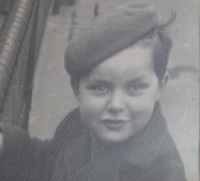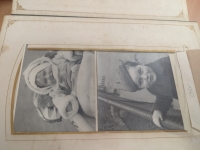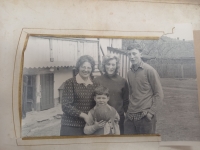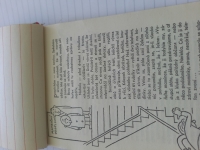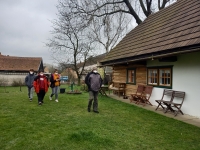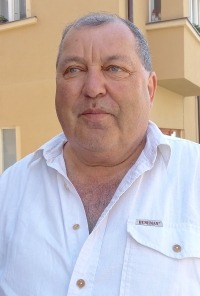So I got up and left
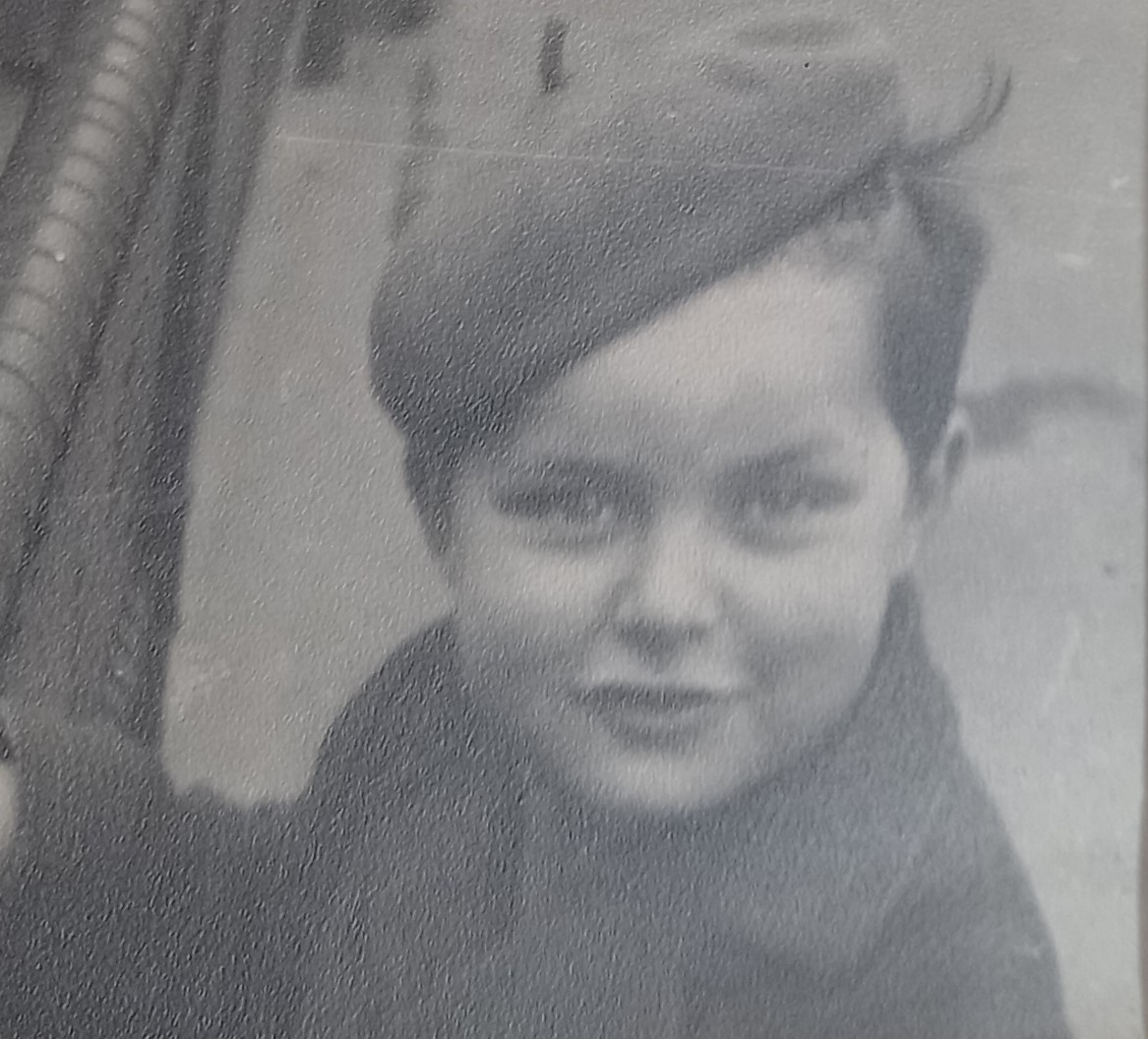
Download image
Ing. Aleš Kopecký was born on June 2, 1956 in Prague. His father, prof. Dr. Jan Kopecký, DrSc., worked as a university professor at the Department of Theater History and Theory at Charles University, his field of study was theater and literature. He joined the Communist Party and during the reforms of 1968 he became deputy minister of culture. He subsequently lost his position, was expelled from the Communist Party of the Czech Republic and had to work manually. Mother Soňa Kopecká, née Kmoníčková, was the daughter of legionnaire Jan Kmoníček. The witness had two older siblings. He spent his youth in the family villa in Břevnov, Prague. He graduated from the Jan Kepler Gymnasium. He was not admitted to the university due to cadre profile reasons. In 1977 he left Prague for České Budějovice. He worked as a mainframe operator and later graduated from college via distance learning. He worked at the Temelín nuclear power plant for more than ten years. At the time of filming the interview (2021), he was working on repairs to the family farm in Habrkovice in Polabí.
